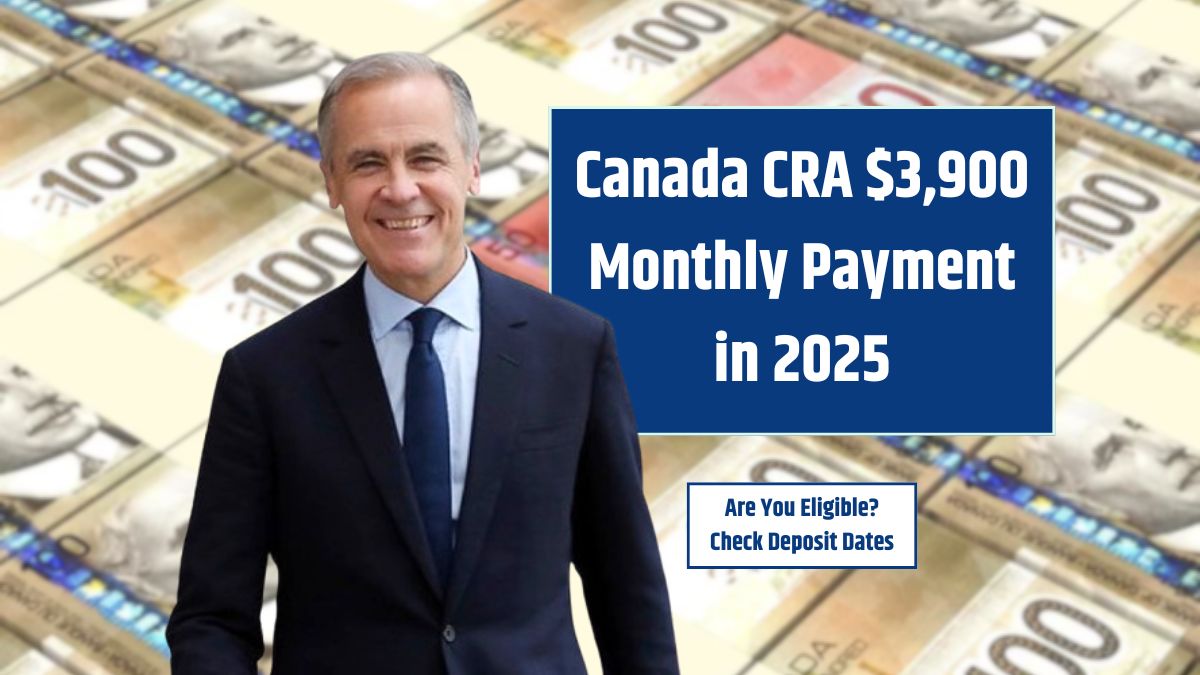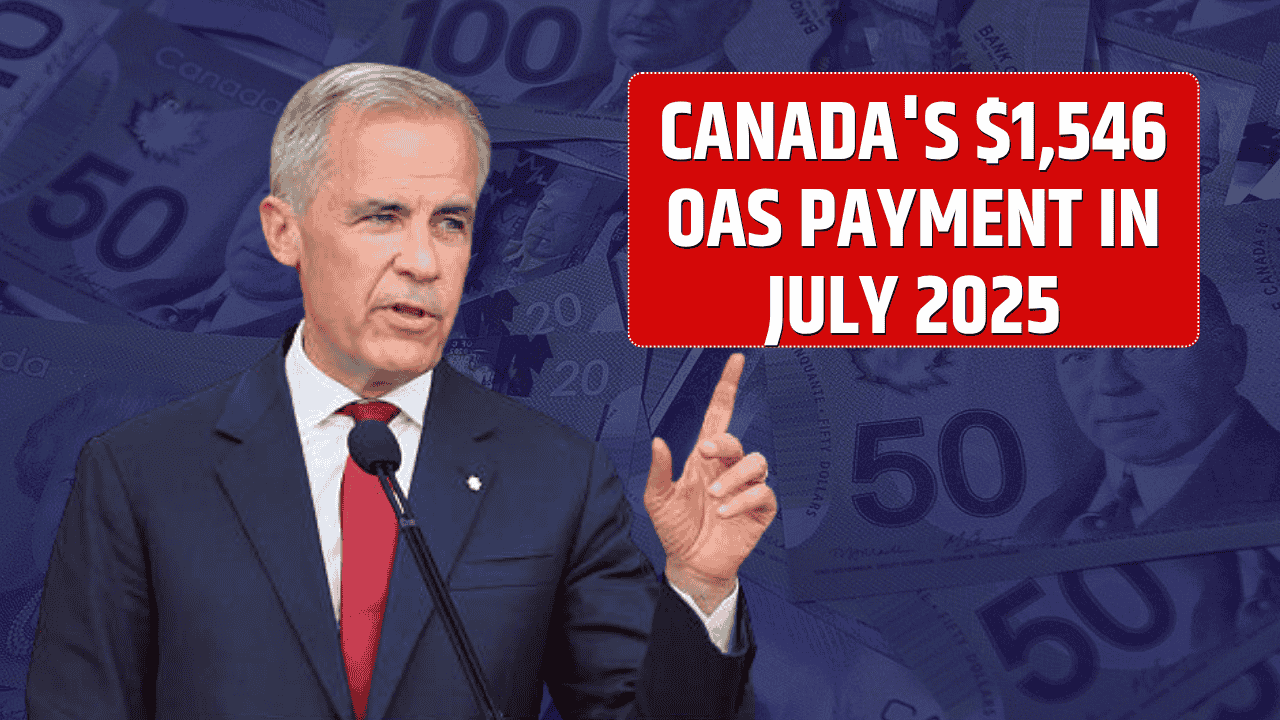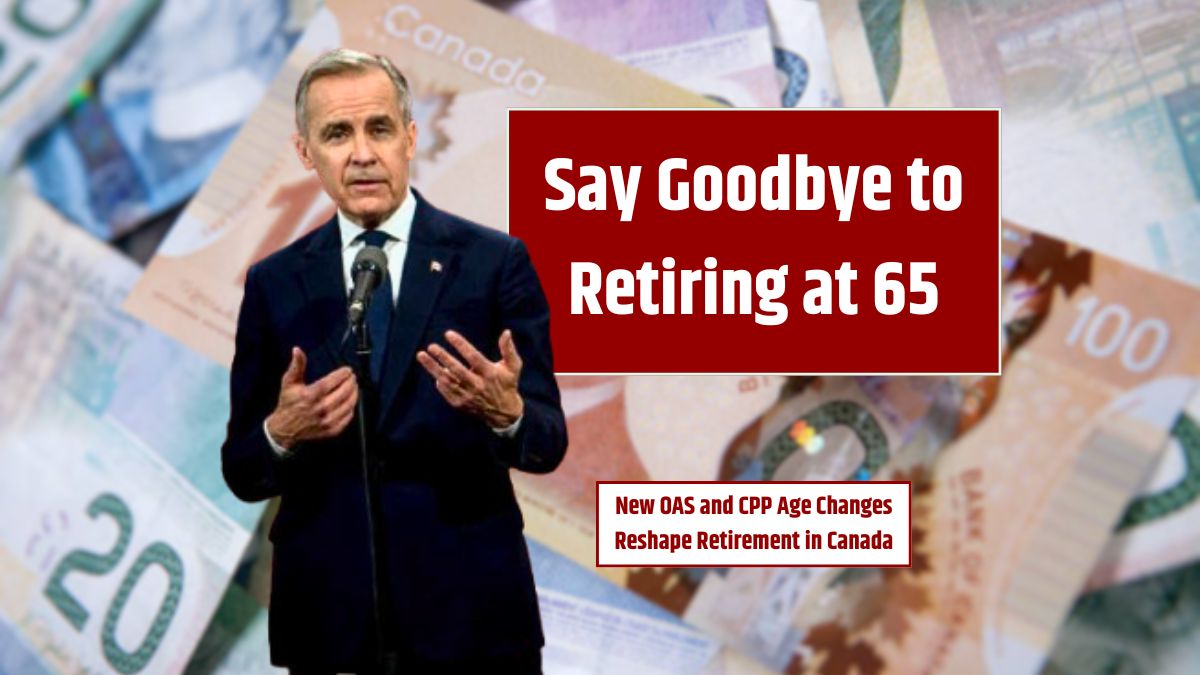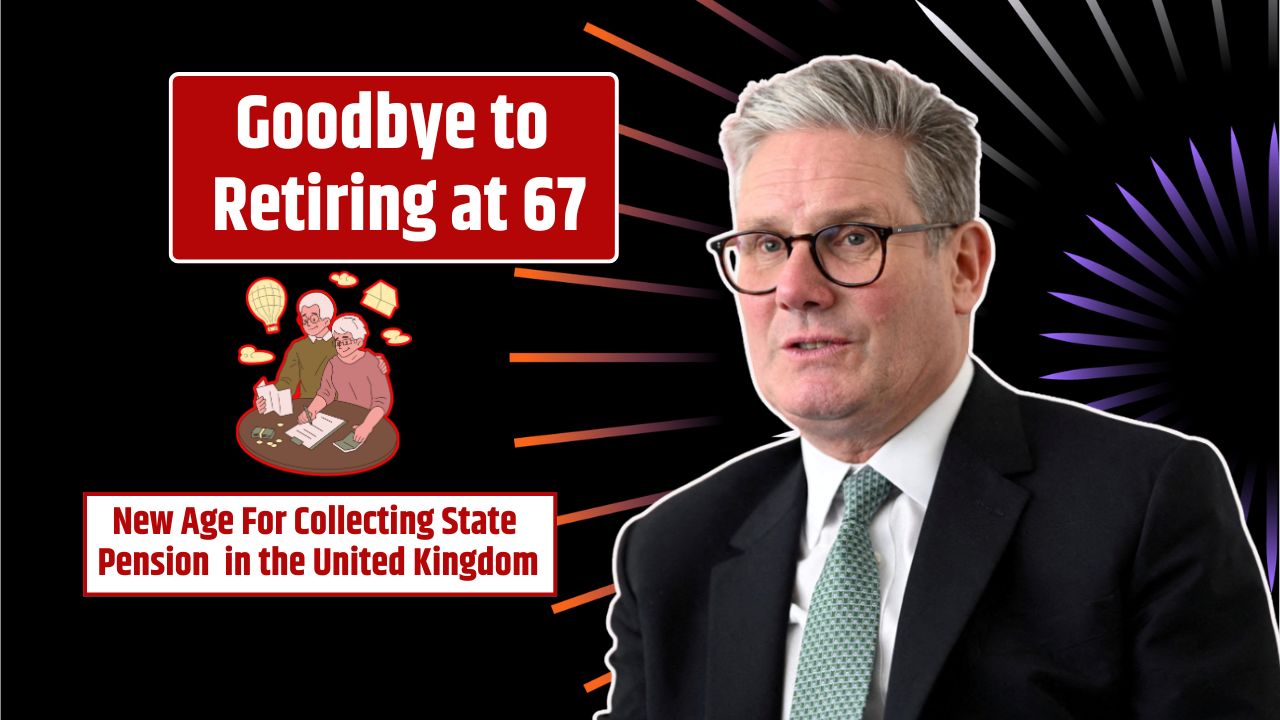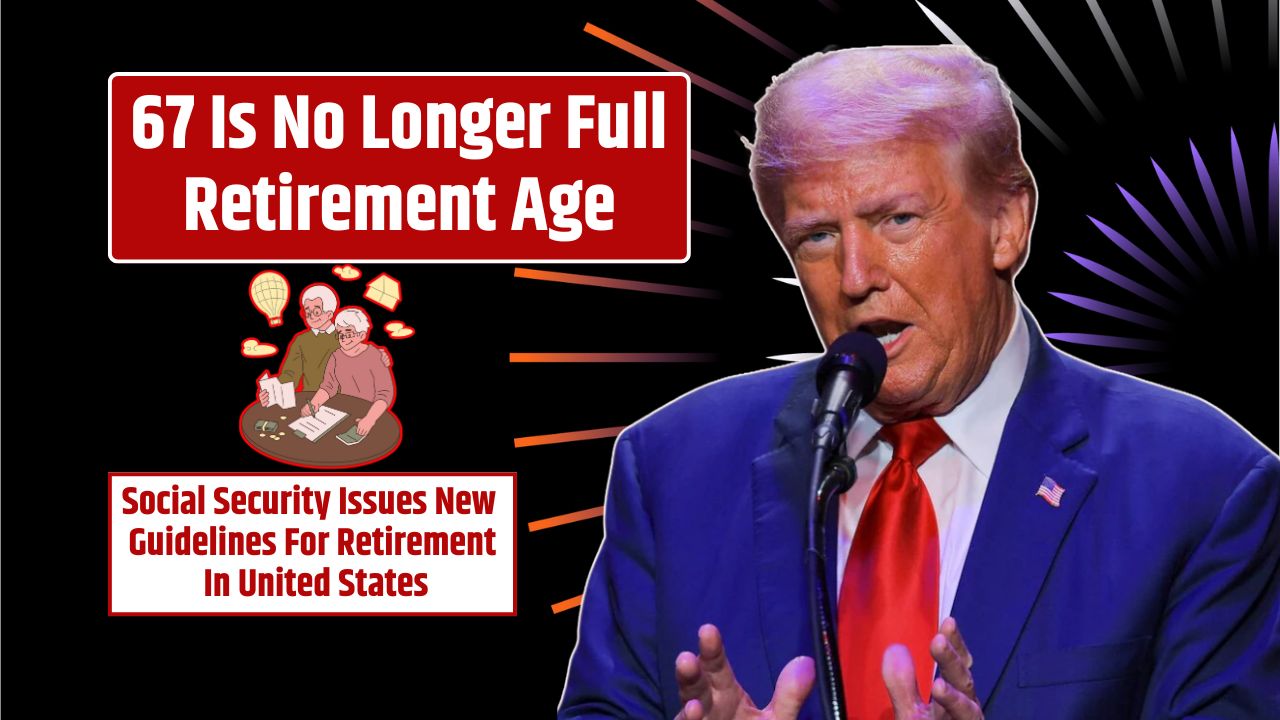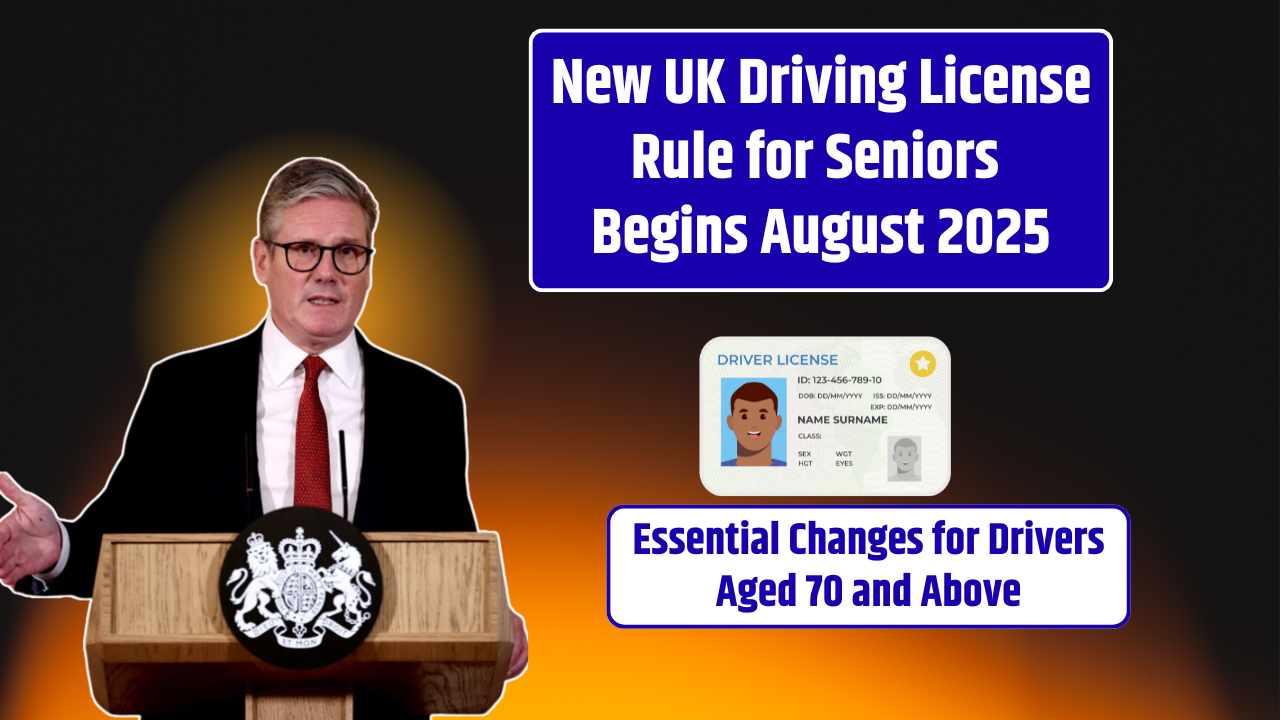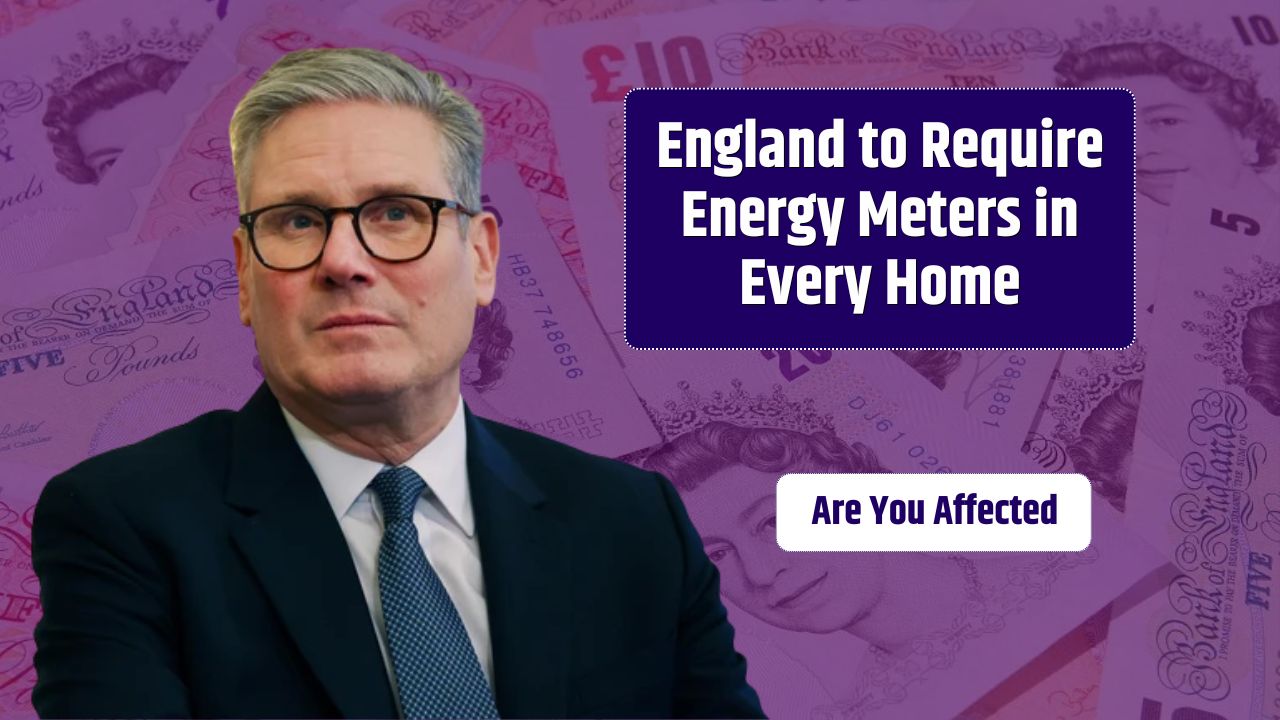Pursuing a graduate degree in public policy and evaluation can be a transformative step for those aiming to influence government programs, improve nonprofit services, or drive evidence-based change. These programs teach students how to design, implement, and assess public policies using a blend of analytical tools, statistical methods, and real-world applications.
Whether you’re looking to become a program evaluator, policy analyst, or researcher, this guide breaks down the top graduate programs focused on public policy and evaluation, what they offer, and how to choose the right one for your career goals.
Table of Contents
What to Look for in a Public Policy & Evaluation Program
When evaluating graduate programs, prioritize these features:
- Evaluation-Specific Courses (e.g., impact evaluation, program design, data methods)
- Quantitative Skill Training (statistics, R, STATA, econometrics)
- Real-World Capstone Projects or Practicums
- Faculty with Evaluation Experience
- Partnerships with Government or Nonprofit Organizations
- Opportunities for Internships and Federal Fellowships
Top Graduate Programs in Public Policy & Evaluation
Here’s a list of U.S.-based graduate programs that are nationally recognized for strong training in policy analysis and program evaluation:
1. University of Michigan – Gerald R. Ford School of Public Policy
- Degree: Master of Public Policy (MPP)
- Specialty: Quantitative policy analysis, social program evaluation
- Strengths: Strong connection with federal agencies and research centers
- Notable Center: Youth Policy Lab, Poverty Solutions
2. University of California, Berkeley – Goldman School of Public Policy
- Degree: Master of Public Policy (MPP)
- Specialty: Advanced econometrics, applied program evaluation
- Strengths: Rigorous methods training, access to Bay Area research and policy networks
- Notable Course: Policy Analysis & Program Evaluation
3. Georgetown University – McCourt School of Public Policy
- Degree: MPP and Master of Science in Data Science for Public Policy (MS-DSPP)
- Specialty: Data-driven evaluation, international policy
- Strengths: D.C. location with federal internship opportunities
- Notable Partnership: World Bank, USAID, Urban Institute
4. University of Minnesota – Humphrey School of Public Affairs
- Degree: MPP and Master of Development Practice (MDP)
- Specialty: Evaluation theory, mixed methods research
- Strengths: Known for training government evaluators and nonprofit leaders
- Notable Course: Program Evaluation in Public Affairs
5. University of Washington – Evans School of Public Policy and Governance
- Degree: MPA and Ph.D. in Public Policy
- Specialty: Performance measurement, human services evaluation
- Strengths: Seattle-based opportunities in health and housing research
- Notable Center: Evans School Policy Analysis & Research Group
6. Claremont Graduate University – School of Social Science, Policy & Evaluation
- Degree: M.A. in Evaluation & Applied Research
- Specialty: Full evaluation focus—logic models, theory-driven evaluation, survey design
- Strengths: Ideal for future evaluators, nonprofit consultants, and researchers
- Notable Feature: One of the few programs dedicated entirely to evaluation
7. American University – School of Public Affairs
- Degree: MPP and Master of Public Administration and Policy (MPAP)
- Specialty: Policy implementation and evaluation, equity in evaluation
- Strengths: Located in Washington, D.C.; strong focus on government analytics
- Notable Center: Center for Data Science and Public Policy
8. George Washington University – Trachtenberg School of Public Policy and Public Administration
- Degree: MPP and MPA
- Specialty: Applied policy research, health and education evaluation
- Strengths: Close access to OPRE, NIH, HHS for internships and research
- Notable Course: Evaluation of Social Programs
9. University of Chicago – Harris School of Public Policy
- Degree: MPP and MA in Public Policy with Certificate in Research Methods
- Specialty: Empirical methods, RCTs, social policy evaluation
- Strengths: Strong in evidence-based policy; home of the Behavioral Insights & Parenting Lab
10. Carnegie Mellon University – Heinz College of Information Systems and Public Policy
- Degree: MS in Public Policy and Management (MSPPM)
- Specialty: Policy analytics, machine learning in evaluation
- Strengths: Combines data science with traditional public policy training
- Notable Focus: Tech-driven policy evaluation
Comparison Table: Graduate Programs in Public Policy & Evaluation
| School | Degree(s) | Focus Area | Location |
|---|---|---|---|
| Michigan (Ford) | MPP | Social policy, evaluation | Ann Arbor, MI |
| UC Berkeley (Goldman) | MPP | Advanced evaluation, econometrics | Berkeley, CA |
| Georgetown (McCourt) | MPP, MS-DSPP | Data science, development | Washington, D.C. |
| Minnesota (Humphrey) | MPP, MDP | Mixed methods, program analysis | Minneapolis, MN |
| Washington (Evans) | MPA, Ph.D. | Human services evaluation | Seattle, WA |
| Claremont Graduate | MA in Evaluation | Full focus on evaluation | Claremont, CA |
| American University | MPP, MPAP | Implementation & applied research | Washington, D.C. |
| George Washington (Trachtenberg) | MPP, MPA | Applied policy research | Washington, D.C. |
| Chicago (Harris) | MPP | RCTs, data-driven policy | Chicago, IL |
| Carnegie Mellon (Heinz) | MSPPM | Tech and policy analytics | Pittsburgh, PA |
Tips for Choosing the Right Program
- Career Goals: Want to be a researcher? Look for programs with Ph.D. options or strong quantitative tracks. Want to work in practice? Look for MPP/MPA programs with applied components.
- Internship Access: Programs in D.C. and urban centers offer strong connections to federal and local agencies.
- Evaluation Focus: Not all public policy programs offer deep coursework in evaluation—read syllabi and speak to faculty or alumni.
- Data Skills Training: Make sure courses include hands-on training in STATA, R, or Python.
Graduate programs focused on public policy and evaluation prepare students to lead in both research and practice. With growing demand for professionals who can assess program impact, inform evidence-based decisions, and ensure accountability in public service, these programs offer a strong return on investment. Whether you want to work in federal policy, nonprofit evaluation, or global development, there’s a program tailored to your path.
FAQs
Is a Master’s in Public Policy better than a specialized evaluation degree?
It depends. If you want broader career flexibility, an MPP or MPA is more versatile. For dedicated research or M&E roles, a focused evaluation degree may be better.
Can I do policy evaluation work without a Ph.D.?
Yes. Most evaluation roles in government, NGOs, and consulting only require a master’s and strong analytical skills.
What kind of jobs do graduates typically land?
Policy analyst, program evaluator, research associate, data analyst, monitoring & evaluation specialist, consultant.






